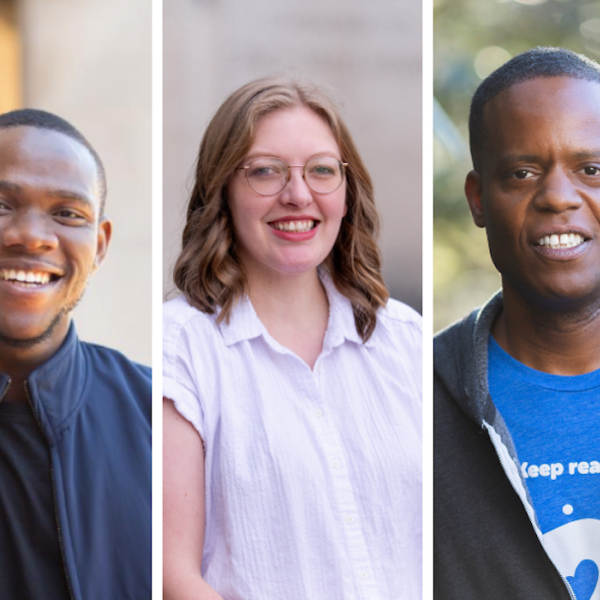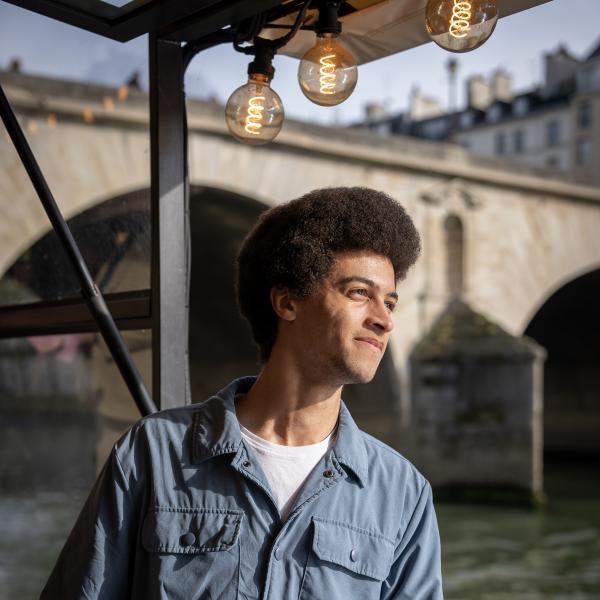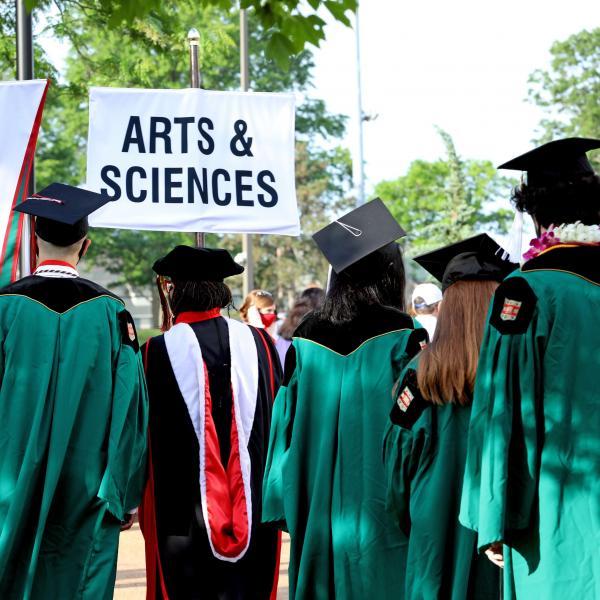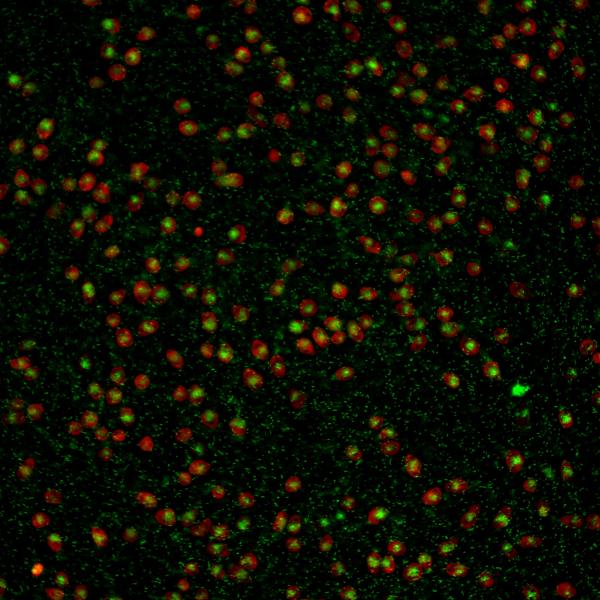Educators from across the region gathered to exchange insights and classroom strategies.
When a student completes the six or seven years it takes to earn a doctorate, they are widely viewed as an expert in their field. But there’s no guarantee they have significant expertise in teaching.
With this in mind, the Department of Political Science hosted the first St. Louis Political Science Pedagogical Conference on Feb. 17. Nearly two dozen collegiate political science educators from across the Midwest gathered on the WashU campus for a chance to exchange insights and classroom strategies. The all-day event featured guest speaker Maryann Gallagher, senior lecturer in the School of Public and International Affairs at the University of Georgia.
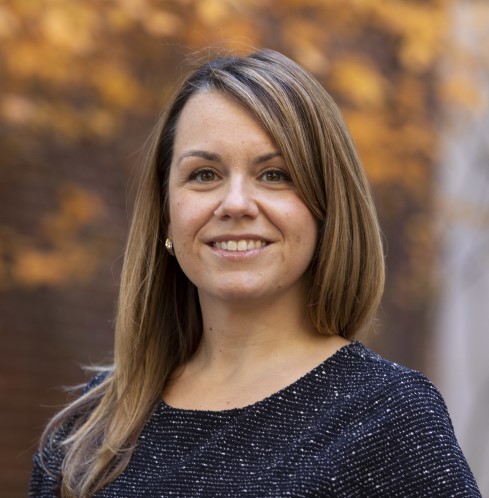
Zack Bowersox, a lecturer in political science who organized the event, said the department was looking for a way to strengthen the network of political science educators in the region.
While many of the high-impact teaching practices and active learning techniques attendees discussed are applicable to other disciplines, Bowersox said there are some challenges specific to political science. The rise in partisan politics that has occurred since the 2010s has made it difficult to incorporate these arguments into the classroom. “It’s not always easy to make an effective lesson out of the noise,” he said.
In the afternoon, Eric Fournier, director of educational development in the Washington University Center for Teaching and Learning, discussed and demonstrated effective teaching methods, leading participants in the type of activity he wants them to try in their own classrooms. As they split into groups and ranked a set of teaching tasks by difficulty, participants enthusiastically shared stories from their own experiences as students and teachers.
“If you just break into groups and say ‘discuss’ it doesn’t always work,” Fournier explained. “But if you offer a task to do together, debate and conversation will often follow.”
In her keynote talk, Gallagher emphasized the importance of including reflection and active learning in the classroom, particularly at research-heavy institutions. Setting aside time for a conference focused on pedagogy offers doctoral candidates a chance to “think about their teaching philosophy early on,” she said.
Jordan Wong, a third-year student in the political science PhD program at WashU, found Gallagher’s example inspiring. Like her, he wants to have a career that prioritizes teaching as well as research.
“Political science education is about making better citizens, making sure they understand how the system works,” he said. The day left him with many ideas about how to make students “grapple with material in ways that matter.”
